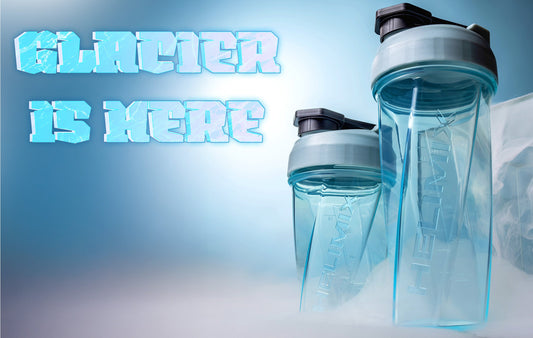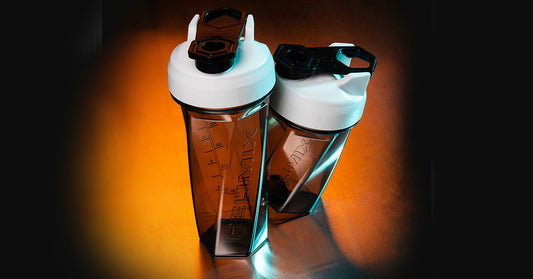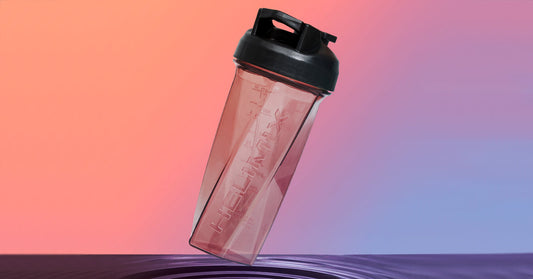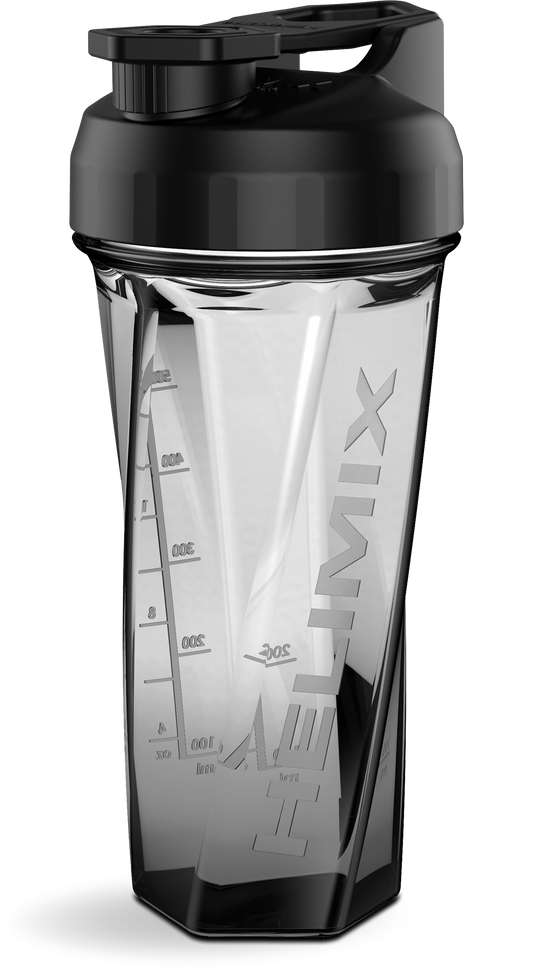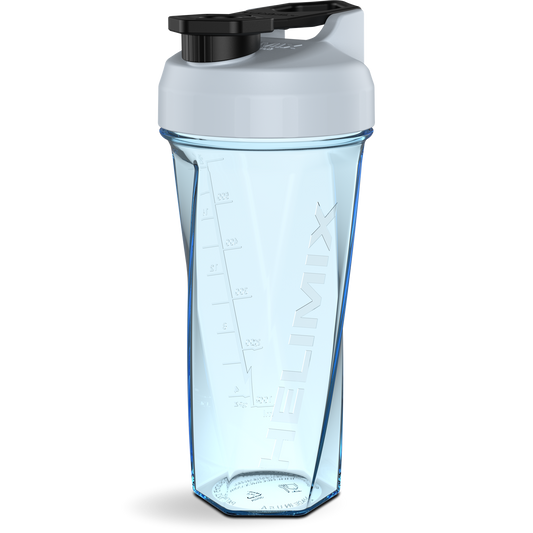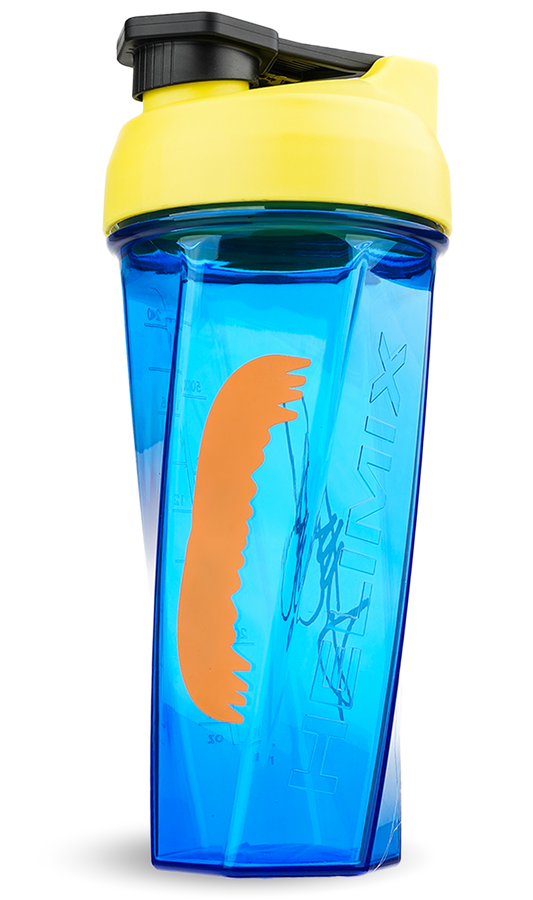Stop, Drop, & Rehydrate:
How Much Water Should You Be Drinking?
For years, we’ve all been taught different life hacks to drinking enough water every day.
There’s the ‘8 glasses of 8 ounces a day’ rule, the ‘drink when you’re thirsty’ rule, the ‘carry a gallon of water around with you at all times’ rule… So, which ones of these is right, if any?
Breaking Water Report
• Drinking cold water can speed up your metabolism, as your body has to expend energy to warm it up. The results: drinking cold water can increase weight loss.
• Drinking too much water while eating can cause digestion issues. Excessive amounts of water dilute the acid in your stomach, making it hard for your body to break down food.
• Thirst doesn’t mean you’re dehydrated. You become thirsty before you actually reach what medical professionals define as dehydration.
H20 Guidelines
There aren’t any rigid rules for how much water you should consume every day, as the amount needed for each individual varies on age, weight, gender, and lifestyle. However, the National Academies of Science, Engineering, and Medicine does have some general guidelines, which state that adult men should consume around 125 fl oz of water per day, while adult women should consume 91 fl oz. Keep in mind, this amount includes both the water you consume through the foods you eat as well as the fluids you drink. Given that we consume about 20% of our fluids from food alone, these numbers need to be scaled down a bit. In the end, men need to drink about 100 fl oz of liquids a day, while women need to take in 72 fl oz.
Clearly, these numbers are above the 8x8 standard mentioned earlier.
With that being said, most people do meet their bodies’ daily water requirements by simply drinking whenever thirsty.
H20 Guidelines REMIX
Now that the basic guidelines are pretty clear, what about for when you’re working out? The above recommendations don’t take into account the amount of water lost during physical training, even though this loss can be substantial.
As your body loses water through sweat, your brain can’t keep up quickly enough to alert you to drink water until after your performance has already started to suffer. This is why doctors advise that you take in fluids throughout your workout, without waiting to feel thirsty.
Another workout-related tip by Matt Weik of bodybuilding.com: weigh yourself before and after you workout. For every pound you sweat off, drink 2 to 3 cups of water.
Takeaways
• It’s better to drink small amounts of water often than large amounts all at once.
• Drink out of chemically-free, safe bottles. Plastic bottles leach chemicals after multiple uses, so be sure to use a water bottle that is BPA and BPS free. See Helimix.
• Drinking cold beverages not only speeds up your metabolism, but also lowers your body’s core temperature, reducing the amount you sweat.




